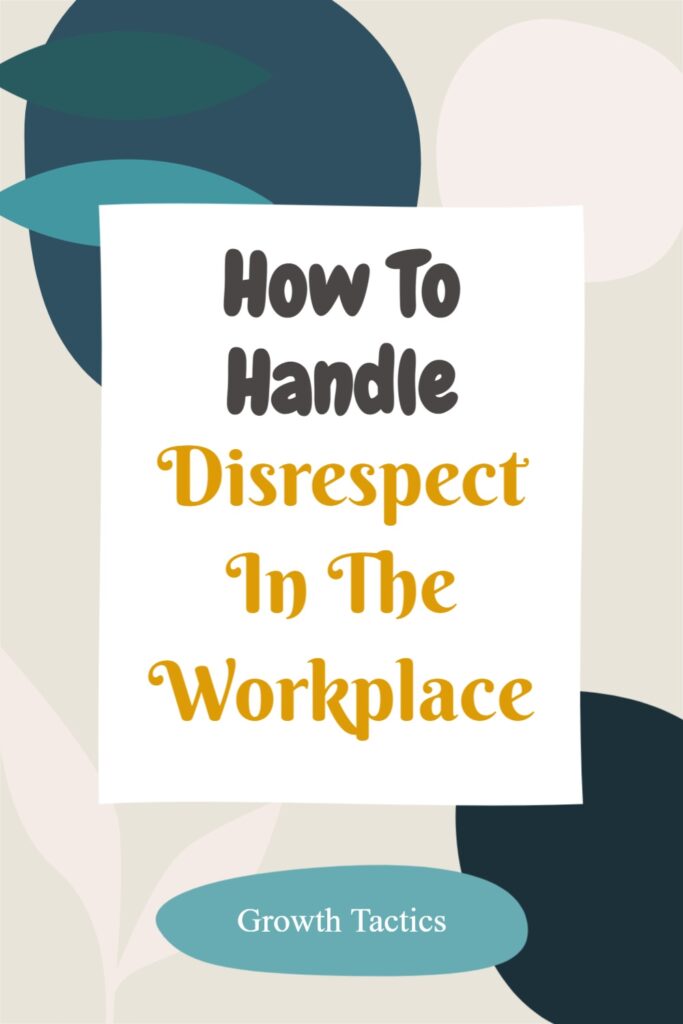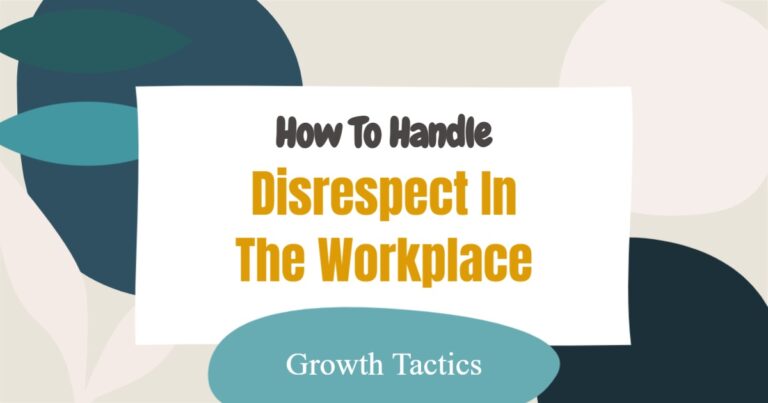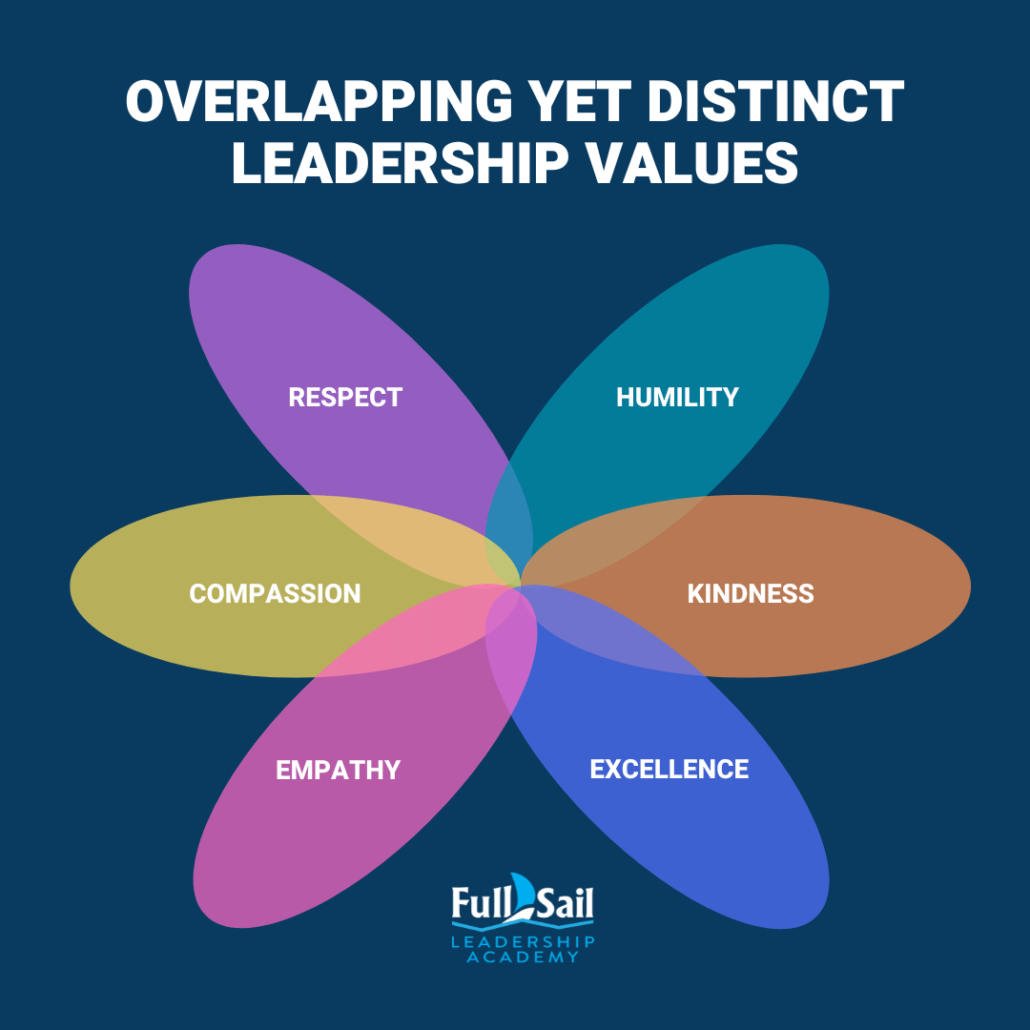How To Handle A Disrespectful Employee

Navigating the complexities of the modern workplace often involves addressing difficult employee behaviors. Among the most challenging is dealing with disrespectful conduct, which can erode team morale, damage productivity, and even lead to legal repercussions.
This article provides practical strategies for managers and HR professionals to effectively address disrespectful behavior in the workplace. Experts emphasize the importance of early intervention, clear communication, and consistent enforcement of company policies to foster a respectful and productive work environment.
Understanding Disrespectful Behavior
Disrespectful behavior encompasses a wide range of actions, from subtle microaggressions to overt acts of insubordination. These actions can include belittling comments, public criticism, ignoring instructions, gossiping, or any behavior that creates a hostile or uncomfortable work environment.
According to a 2023 study by the Society for Human Resource Management (SHRM), nearly 40% of employees have witnessed or experienced disrespectful behavior at work. This highlights the prevalence of the issue and underscores the need for proactive management strategies.
Steps to Address Disrespectful Behavior
The first step is to document specific instances of the behavior. This documentation should include dates, times, descriptions of the incidents, and any witnesses present.
Once the behavior is documented, schedule a private meeting with the employee. This meeting should be conducted in a neutral and professional setting, allowing for open and honest communication. The goal is to address the issue constructively, not to escalate conflict.
Clearly and calmly explain the specific behaviors that are considered disrespectful. Avoid generalizations and focus on concrete examples. Use "I" statements to express how the behavior affects you or the team. For example, "I feel undermined when instructions are ignored in team meetings," rather than "You are always disrespectful."
Establish Clear Expectations
Clearly communicate the company's expectations for respectful behavior, referencing the employee handbook or code of conduct. Ensure the employee understands these expectations and the consequences of violating them. Use company policies when having the converation with the employee.
Provide the employee with an opportunity to respond and explain their perspective. Listen attentively and try to understand the underlying reasons for their behavior. There may be external factors contributing to their actions that need to be addressed.
Develop an Action Plan
Work collaboratively with the employee to develop an action plan for improvement. This plan should include specific steps the employee will take to modify their behavior and a timeline for achieving these goals. Consider offering resources such as coaching or training to support the employee's development.
Schedule regular follow-up meetings to monitor progress and provide feedback. Reinforce positive changes and address any recurring issues promptly. Consistency is key to ensuring lasting behavioral change. It is important to document all follow-up meetings.
Consequences and Further Action
If the disrespectful behavior continues despite intervention and support, it may be necessary to implement disciplinary action. This could range from a written warning to suspension or, in severe cases, termination of employment. All disciplinary actions should be consistent with company policy and applicable labor laws.
A 2021 survey by the Equal Employment Opportunity Commission (EEOC) found that a significant portion of workplace discrimination claims involve allegations of disrespectful behavior. It's imperative that organizations take these matters seriously and respond appropriately to prevent potential legal liabilities.
The Importance of a Respectful Workplace Culture
Beyond addressing individual instances of disrespectful behavior, fostering a respectful workplace culture is crucial. This involves promoting diversity and inclusion, providing training on conflict resolution and communication skills, and establishing clear channels for reporting and addressing grievances. Remember that creating a positive environment is beneficial for everyone.
Ultimately, addressing disrespectful behavior requires a proactive and consistent approach. By clearly communicating expectations, providing support for improvement, and holding employees accountable, organizations can create a more respectful and productive work environment for everyone.
By taking proactive steps to address disrespectful behavior, employers can cultivate a workplace where employees feel valued, respected, and empowered to perform their best.


















